To register for the book launch of Our Deepest Calling, Saturday, April 17, at 4 p.m. , follow this link: https://www.villagebooks.com/event/litlive-chuckanut-sandstone-0401721. (And if you are wondering where the images are in this post, for some reason today I’m not able to upload new ones.)
Our deepest calling is to grow into our own authentic self-hood, whether or not it conforms to some image of who we ought to be. As we do so, we will not only find the joy that every human being seeks—we will also find our path of authentic service in the world.”
—Parker Palmer
Thanks to Village Books in Fairhaven—and Zoom—tomorrow at 4 p.m. my writing group will be celebrating the publication of a collection of poetry and prose written during our first ten years together. Our Deepest Calling is also available for purchase through Village Books ($16 and $1 shipping).
I’m taking a day off from writing something new for the blog, and reproducing here my introduction to Our Deepest Calling (fleshing it out a bit for people not familiar with the context given in my co-editor’s intro), followed by a sampling of poems. The book also includes short essays and an excerpt from a novel in progress.
“I learned how to write in the interstices of daily life.”
—Maxine Kumin
In 2010, when my dear friend Paul Marshall asked me if I would lead a Teaching Lab under the auspices of the Teaching and Learning Cooperative at Everett Community College, my first response was “oh, no.” That evening after supper and homework, one of my teenaged daughters had a meltdown over a boyfriend; another was fighting with her best friend; the ten-year-old didn’t want to go to bed; and my sister called to tell me that I really really needed to help out more with our aging parents. The next morning, instead of retreating into the pages of my journal, I graded a set of student papers. Then I thought, What if we called it a Teaching Lab, but wrote instead?
Our first meeting attracted a couple dozen people from across campus—staff, faculty, and even administrators. It was wild. In my recollection, we were before too long half that number, and soon we were only eight or so souls. No matter, we were committed. Our first year we worked through Susan M. Tiberghien’s One Year to a Writing Life: Twelve Lessons to Deepen Every Writer’s Art and Craft. By the second year, we all had our own projects underway and settled into a routine of just writing. Some of our colleagues were skeptical, to put it mildly: What are you doing in there, and what does it have to do with teaching?
To my mind, the Writing Lab had everything to do with…everything. Our sessions were only ninety minutes once a week—but that bit of time and each other’s encouragement were all we needed to keep the flame of our writing, questing and questioning lives burning.
Ten years ago, I was immersed in the daily catastrophe of full-time teaching and raising a family. Now that I’m retired from the college and my daughters are grown and out of the house, now that my parents have passed on, I have more time, or so I tell myself. Other group members have gone through similar transitions, all of which are reflected in our writings, no matter if we write of fortune cookies, jump ropes, or imaginary trysts with former U. S. Poet Laureate Billy Collins.
Then along comes 2020 with new challenges, and its catastrophes on a global scale. Our writing group is now even more important to me, as we have over the years become a group of friends who listen deeply to one another and among whom we know we will be heard.
“Oh friends, where can one find a partner for the long dance over the fields?”
—William Stafford, from A Walk in the Country
I should add that, since moving ourselves off-campus to Rosehill Community Center near the Mukilteo Ferry Dock (and, this past year, to Zoom), we have morphed into an eclectic bunch of former EvCC people and community members. One of these is the award-winning artist Janet Hamilton, whose painting, “Madrona Concerto,” graces our cover.
Here is a poem from co-editor (and Zoom-master) Carla Shafer:
Ancestors
Because my family has lived on stolen tribal
lands in the northwest since I was born, I listen
to the bending of the trees, follow the paths
of salmon and walk days short in winter and
long in summer. This is not the place of my
ancestors. This is not Bohemia or Baden-Baden.
It is not the Nebraska plains or Kansas prairies.
I am not at the source of my great-grandparents’
imaginings, but their touch is in my hand, their
hopes carried in my heart, their steps are known
just as the salmon wiggles a fin,
and in the sway of a cedar bough.
My grandsons, living near, speak Japanese, the language
of their mother’s family, celebrate Children’s Day
and imagine beyond boundaries and borders. My
daughter’s child will speak Hindi and Urdu,
celebrate Eid al Fitr. Their paths of succession will move
through hazards in shadow and light. They will view
stars across generations who have danced
on the same side of the moon. Their ancestors
traced in their steps, in the twinkle of their eyes,
in the embrace of what comes next, beneath the flight
of peregrine falcons, above waters where Orcas swim.
—Carla Shafer
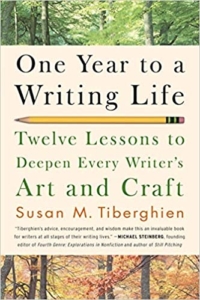 One of my daughters is moving home temporarily, and cleaning out the bottom story of our house — which includes a mother-in-law kitchen we’ve never really used — has necessitated another attempt to reduce the amount of paper I’ve stored in bins and boxes. I threw away a bunch of old literature assignments, and I found a notebook I kept when Writing Lab was first launched.
One of my daughters is moving home temporarily, and cleaning out the bottom story of our house — which includes a mother-in-law kitchen we’ve never really used — has necessitated another attempt to reduce the amount of paper I’ve stored in bins and boxes. I threw away a bunch of old literature assignments, and I found a notebook I kept when Writing Lab was first launched.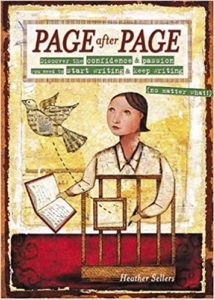
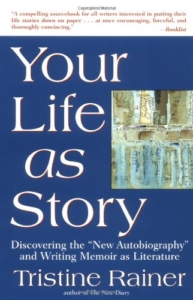 (I wish I could recover all the nuances of our conversation about this exercise — it was rich!)
(I wish I could recover all the nuances of our conversation about this exercise — it was rich!)

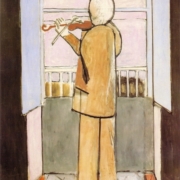
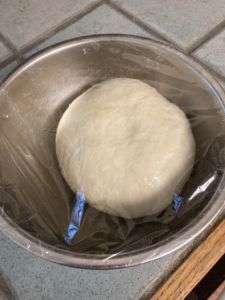 But it is August, and that means POPO, or
But it is August, and that means POPO, or  photographer Loren Webster’s
photographer Loren Webster’s 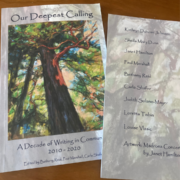
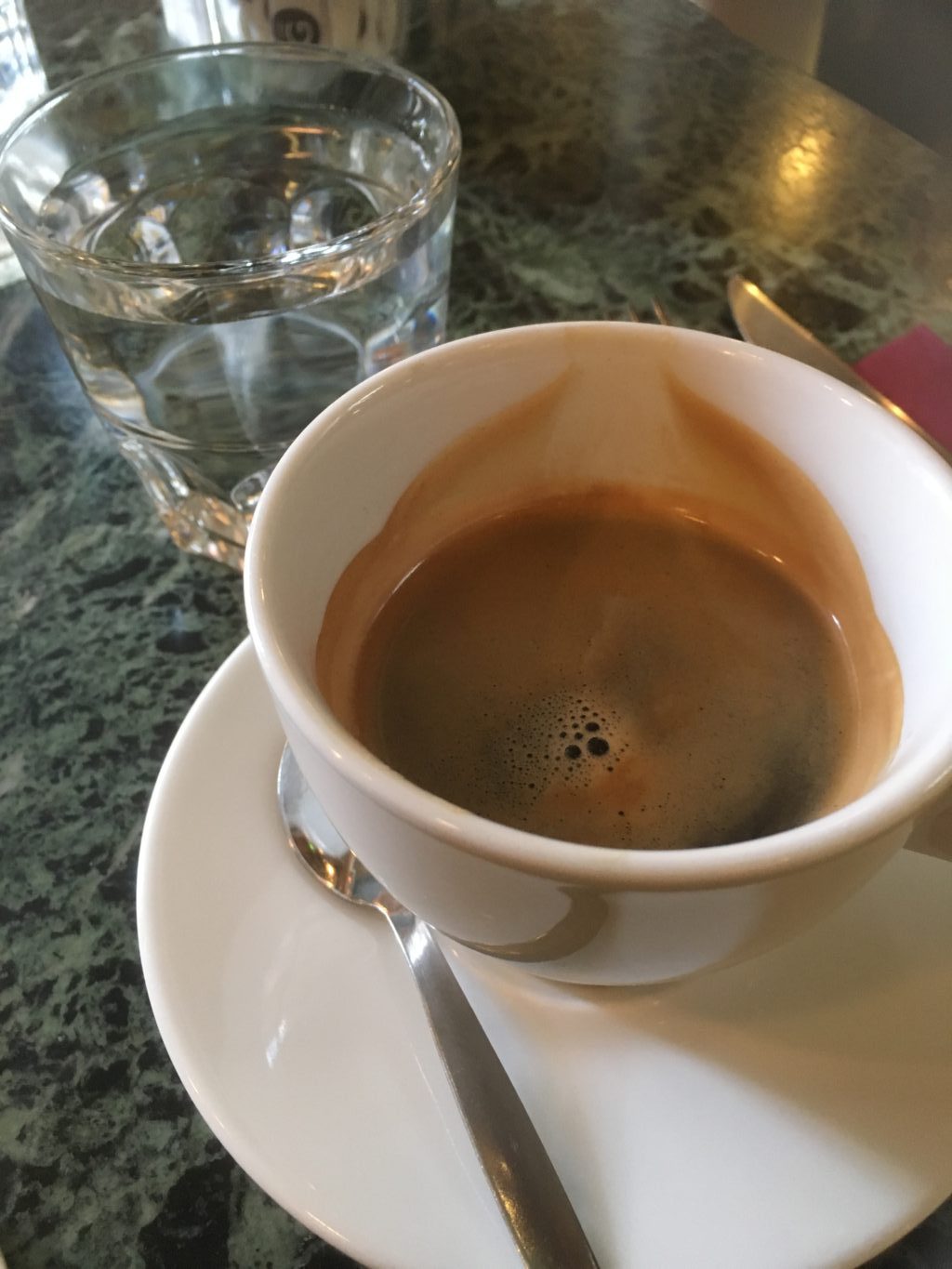
 I’ve mentioned before how much difficulty I’ve had getting into the spirit of the season. I know I’m not alone. And I have been “busy.” Aside from obsessing about politics (looking forward to having it all take a back seat–as
I’ve mentioned before how much difficulty I’ve had getting into the spirit of the season. I know I’m not alone. And I have been “busy.” Aside from obsessing about politics (looking forward to having it all take a back seat–as 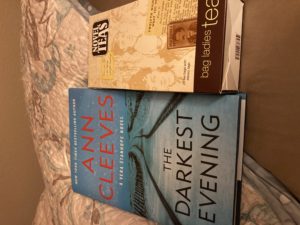 shortbread are in order. Even if I can’t get the picture to shift.
shortbread are in order. Even if I can’t get the picture to shift.